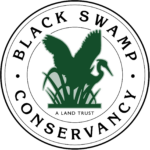With the arrival of spring, our corner of the world transforms into a hub of life and activity. Yes, bugs and flowers but also new enthusiasm and strong backs. We welcomed the 2023 field crew interns in May, and we say thanks and goodbye as they finish up their work in August.
Four college students or recent graduates worked under the supervision of the Conservancy’s Land Steward Scarlet Rice this summer on a wide range of restoration and maintenance projects. It’s hard, sweaty labor but it pays off. The Black Swamp Conservancy gets needed help with necessary trail maintenance, habitat restoration, and environmental monitoring. The interns get a paycheck and valuable hands-on experience. Scarlet Rice said, “The crew was great this year! Despite the hard work and hot days, they kept a positive attitude and willingness to learn new skills.”
Each member of the team stepped up because they wanted to get their hands dirty and learn by doing. Well, they certainly did that. They’ve become whizzes at spotting local plants versus sneaky invasive species. They’ve mastered tactics to manage these invaders and have even become experts at setting up wildlife cameras. Right off the bat, their keen eyes spotted creatures like the five-lined skink, a newbie to many on the team. And who knew minks were native to our patch of the world? Thanks to their camera, we all do now!
Although their time in the field was short, the interns learned a lot about changes over time and the role of humans in environmental change. Some didn’t even know about the intriguing history of the Great Black Swamp until they waded right into it. This summer they learned how draining water uncovered some of the most productive farmland in the country. They learned how letting water return in some places also returns a great variety of plants and animal life. And perhaps most importantly, they’ve come to understand that conservation is a journey, one that takes time and continuous care. Brynli Ayers said she learned that “conservation happens over several years and takes a lot of continued maintenance.” Armed with this wisdom, she’s ready to dive into a career in land restoration and has taken a position with the US Forest Service in Colorado.
This journey also opened doors to a variety of career paths. Meredith had an eye-opener: “Who knew the natural science field had so much diversity? The possibilities for working in land conservation are endless.” Spencer Enderle’s takeaway was just as powerful: “I now understand the hard work and time and commitment necessary to make significant transformative change in land restoration projects.”
So, what’s next? Well, our tradition lives on. Every summer, a fresh team takes on the task of caring for our nature preserves. This internship doesn’t just sprout skilled conservationists – it nurtures future champions of our environment.
Curious for more? Drop a line to Land Steward Scarlet Rice at 419.833.1025.


